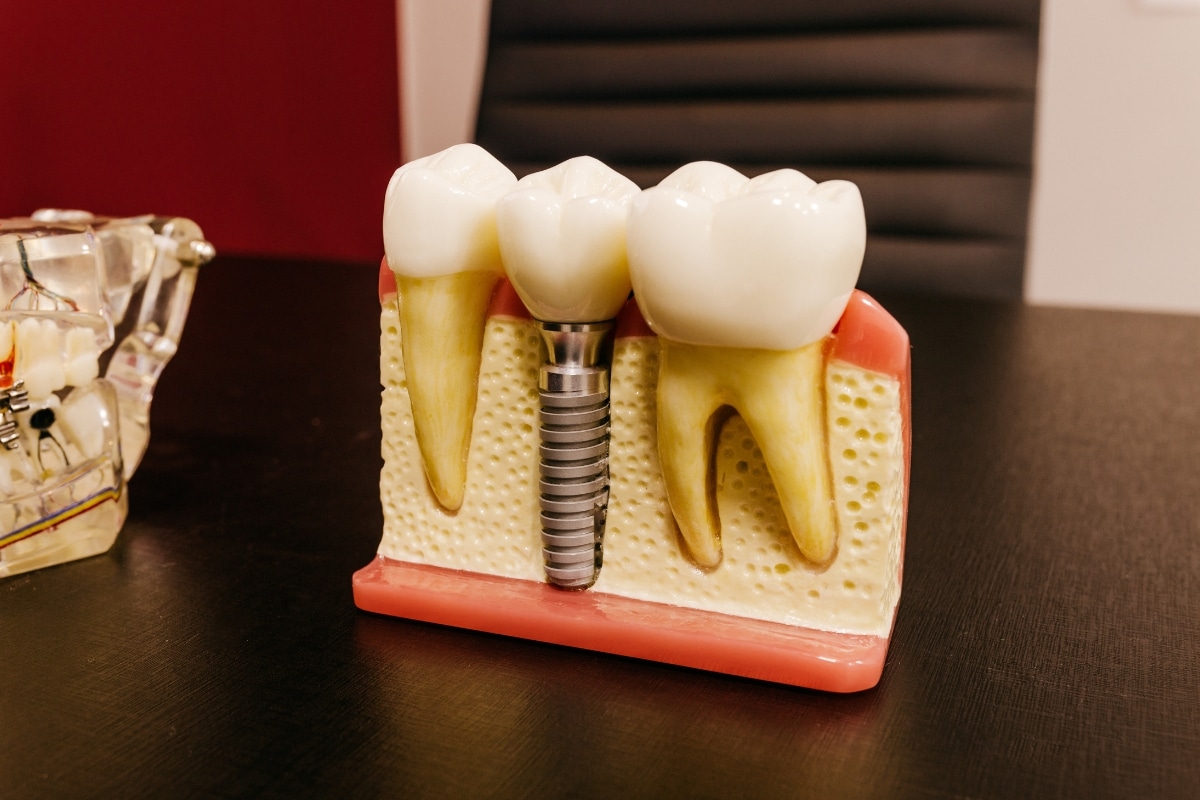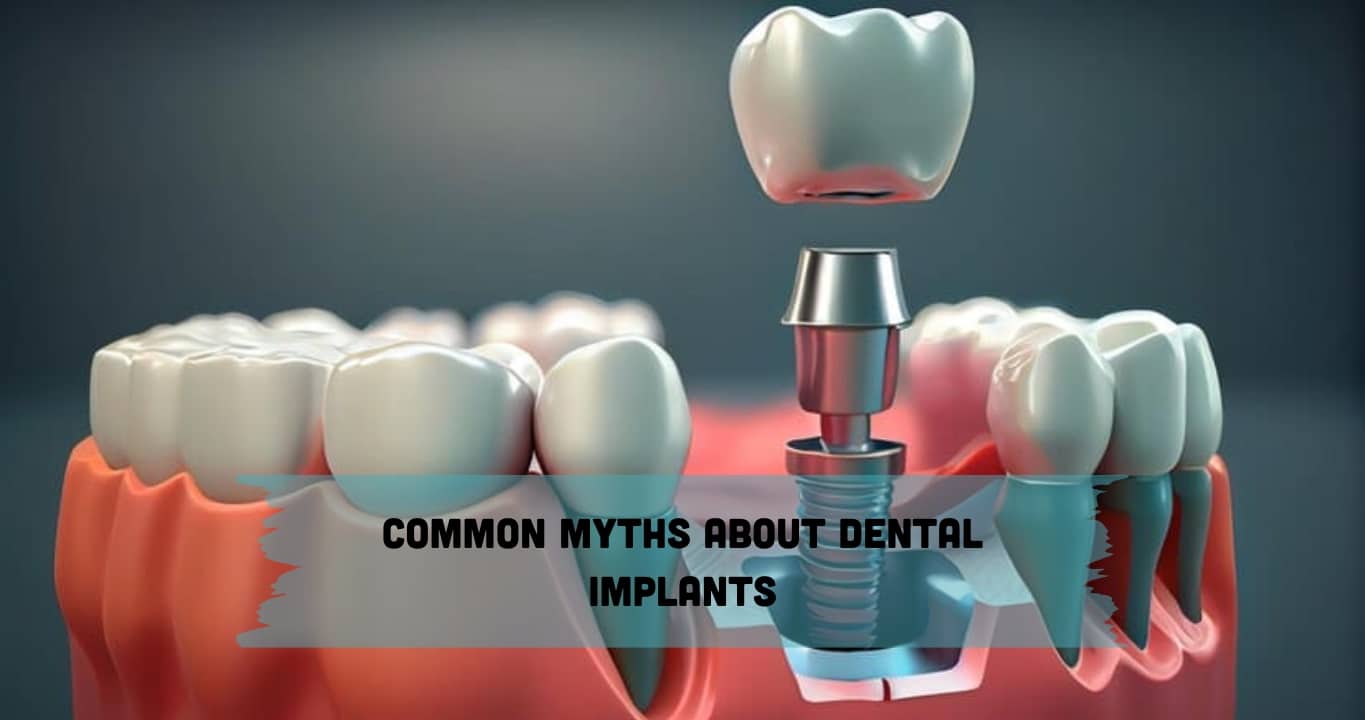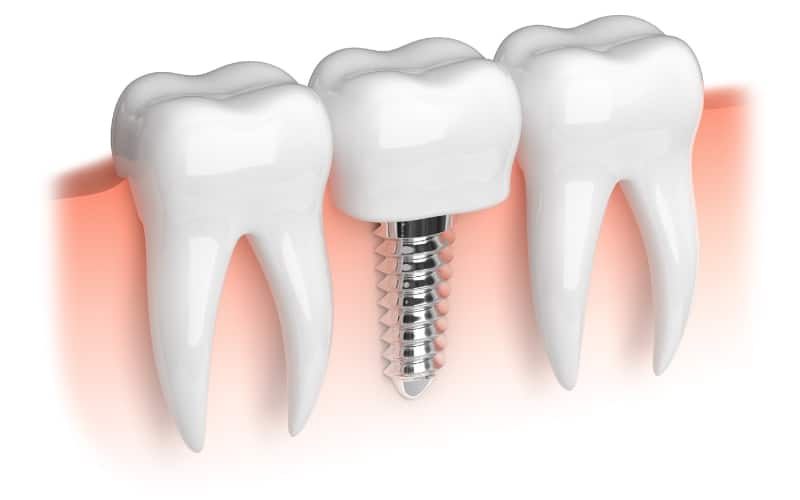
Dental implant treatment transformed modern dentistry with unparalleled success and reliability. Most patients have spectacular results. Even the most healthy smiles are sometimes flummoxed by complications, however. Evidence confirms success rates of more than 95 percent. However, things do fail suddenly.
Early identification permits quick adjustment and keeps your long-term oral wellness on track. Warning symptoms rarely shout. However, they announce underlying issues. Patients must get to know these warning symptoms so that they may respond promptly. Awareness alters results, aiding in the preservation of comfort, confidence, and normal function.
How Common Are Dental Implant Failures?
Dental implant procedures have some of the best success rates in dentistry. Research indicates over 95 percent success. However, a few percent suffer from complications that impair function and comfort.
Failures may happen early, during healing, or later, following multiple years’ use. Early failure most often includes poor bone integration. Late failure is usually due to chronic diseases or infections.
Awareness remains crucial because prompt care avoids further destruction and preserves the oral structures. Informed patients respond quickly. Timely reactions reduce pain, conserve the supporting tissues, and result in long-lasting smiles.
Early Warning Signs of a Failing Dental Implant
Persistent Pain or Discomfort
Some pain with healing is normal. Persistent or worsening pain suggests possible complications with the dental implants in Midwest City.
Gum Inflammation and Swelling
Red, soft gums typically indicate peri-implantitis. This infection threatens the supporting dental implant framework.
Mobility or Loose Feeling
The implant is firm like a natural tooth when healthy. Movement means implant instability.
Receding Gums Around the Implant
Gum recession exposes implant surfaces. This compromises support and increases the likelihood of implant complications.
Difficulty Chewing
A failing dental implant causes biting pain. Patients experience chewing difficulty compared to the previous implant function.
What Causes Dental Implant Failure?
Failure of an implant sometimes occurs when osseointegration does not become complete with the bone. Peri-implantitis or gum disease most commonly results in implant failure if neglected. Smoking and other life habits jeopardize healing and detract from success. Diabetic or osteoporotic states increase the risk of complications.
Shortcomings of the bone or surgical mistakes also lead to decreased long-term stability. Awareness of these risks enables patients to protect their investment in a dental implant. Proper preparation, appropriate decisions, and follow-ups significantly improve success.
What to Do If You Develop Symptoms
Don’t Ignore the Warning Signs
Responding promptly prevents worsening issues. A failing dental implant becomes more challenging to restore with a delayed response.
Make an Appointment for a Dental Check-Up Soon
Dentists use X-rays and examinations to determine problems. Early visits maintain adjacent tissues and structures.
Possible Treatment Options
Treatment may involve deep cleaning, antibiotics, bone grafting, or removal of the dental implants in Midwest City.
Dental implants have a high success rate as long as you don’t become complacent with post-op care. Recognizing signs of failure can prevent catastrophic and costly treatment. Patients who conserve function and long-term oral smile health respond better to early intervention.
Close surveillance, strict hygiene, and good habits make a world of difference. In case of symptoms, get an urgent evaluation with us to protect your investment and peace of mind.




